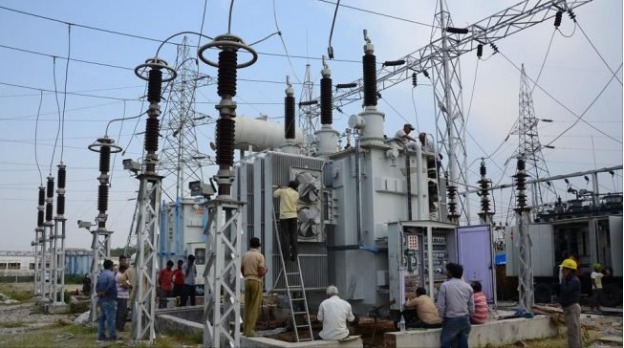As anger simmers over a recent 240% tariff hike in Nigeria’s power sector, twelve states, including Lagos and Kano, press forward with plans to initiate independent power projects in a bid to tackle the nation’s electricity woes.
Reports reveal that these states are gearing up to leverage the provisions of the Electricity Act 2023, which grants them authority to generate, transmit, and distribute electricity within their jurisdictions. This move marks a significant departure from the centralized control previously held by the Federal Government.
Under the new legislation, states are empowered to establish their regulatory bodies, paving the way for increased autonomy in managing their electricity markets. Despite ongoing regulatory processes, indications suggest that these states are poised to chart their course in the power sector landscape.
Lagos, long at the forefront of pioneering power initiatives, reaffirms its commitment to unbundling power generation and distribution systems. Other states, including Ekiti, Benue, and Nasarawa, are swiftly advancing their energy agendas, with initiatives ranging from independent power projects to strategic partnerships aimed at enhancing energy access and sustainability.
However, amidst these strides, discontent brews over the recent tariff hike, with various groups condemning the move as detrimental to the welfare of Nigerians. Organizations like PENGASSAN, civil society groups, and consumer advocacy networks warn of its adverse impact, labeling it as ill-timed and oppressive.
Critics argue that the tariff hike, coupled with persistent electricity challenges, exacerbates the plight of citizens already grappling with economic hardships. Calls for government intervention intensify, with demands for policies that prioritize the welfare of the populace and mitigate the burden of rising utility costs.
In the face of mounting criticism, the government faces a pivotal choice: to alleviate the burdens of its citizens or exacerbate their hardships. As states forge ahead with power projects, the discourse surrounding energy affordability and accessibility takes center stage, underscoring the imperative for inclusive and equitable energy policies.











